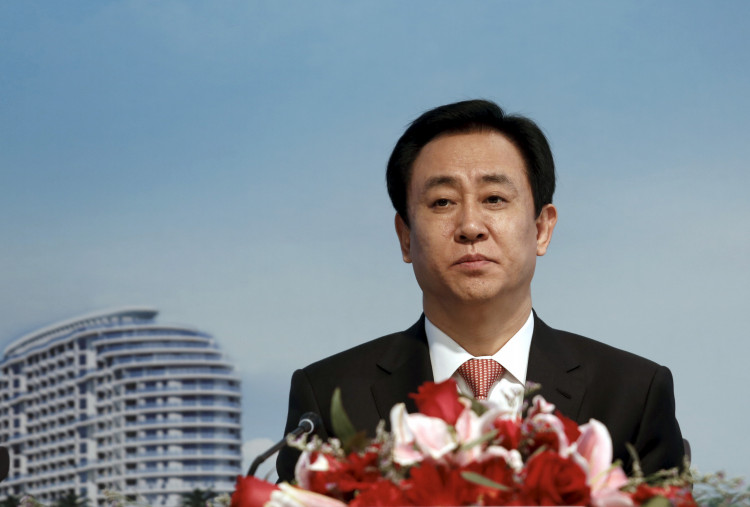In a recent development that has sent shockwaves through the financial world, Hui Ka Yan, the chairman of China's debt-laden property giant Evergrande Group, is under investigation by Chinese authorities. The probe is centered around suspicions that Hui attempted to transfer assets offshore while the company was mired in a quagmire of unfinished projects. This revelation was reported by the Wall Street Journal, citing sources familiar with the matter.
The news follows Evergrande's disclosure in a regulatory filing last week, where the company admitted that Hui had been detained by police over suspicions of committing "illegal crimes." This announcement was a response to unverified media reports that hinted at police action against Hui, which subsequently led to a significant sell-off of Evergrande's already beleaguered stocks. As a result of these developments, trading in the shares of Evergrande and two of its primary units was suspended.
Further intensifying the scrutiny, earlier this month, Chinese police also detained staff members of Evergrande's Shenzhen-based wealth management unit. The officials stated that they were investigating "suspected criminals at Evergrande Financial Wealth Management Co" and urged investors to report any financial wrongdoings.
The ongoing police scrutiny of both Evergrande and its chairman has added another layer of complexity to the company's debt restructuring endeavors. Evergrande, recognized as the world's most indebted property developer, has been in the spotlight for its staggering liabilities, which exceed $300 billion. This amount is roughly equivalent to the entire economy of Finland. The company's debt challenges, which became public knowledge in 2021, positioned Evergrande as the emblematic figure of a broader debt crisis in China's property sector.
In a related development, a group of Evergrande's offshore creditors recently announced that they were considering joining a court petition to liquidate the developer if it failed to present a new debt restructuring plan by the end of October. This group, which holds a significant portion of Evergrande's offshore bonds, has been advocating for a restructuring resolution for the company's debt. However, recent complications stemming from the Chinese investigation into Evergrande's main unit, Hengda Real Estate Group, have diminished their hopes for a successful restructure.
Evergrande's original restructuring plan, which was the result of prolonged negotiations with creditors, proposed the restructuring of offshore debt worth $31.7 billion. This debt encompassed bonds, collateral, and repurchase obligations. Evergrande had suggested restructuring this debt through various strategies, including the swapping of some of the debt into new bonds with maturities spanning 10 to 12 years.
The ongoing saga surrounding Evergrande and its chairman underscores the challenges and uncertainties faced by major corporations in today's complex financial landscape. As the situation continues to unfold, global markets and stakeholders will be keenly observing the repercussions and potential outcomes.






